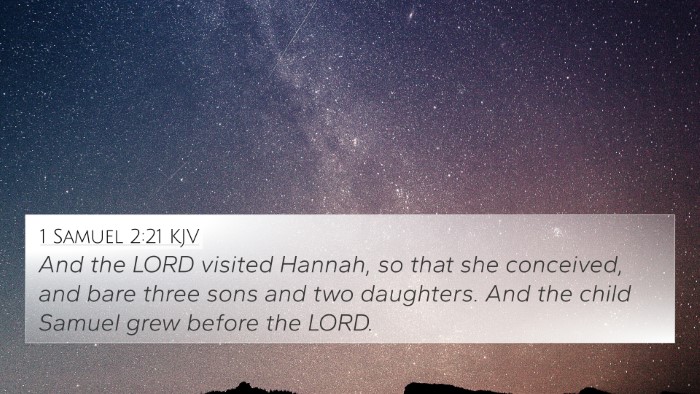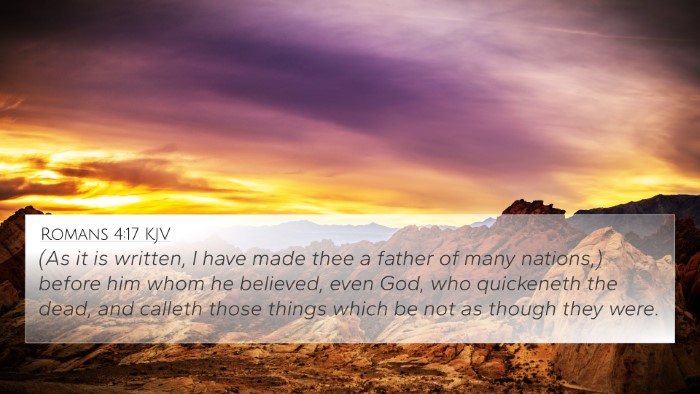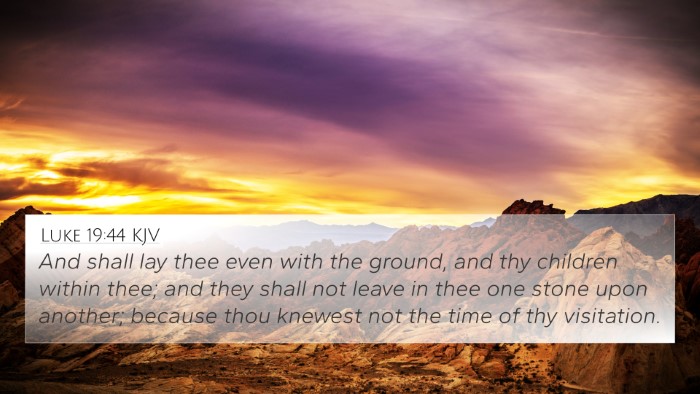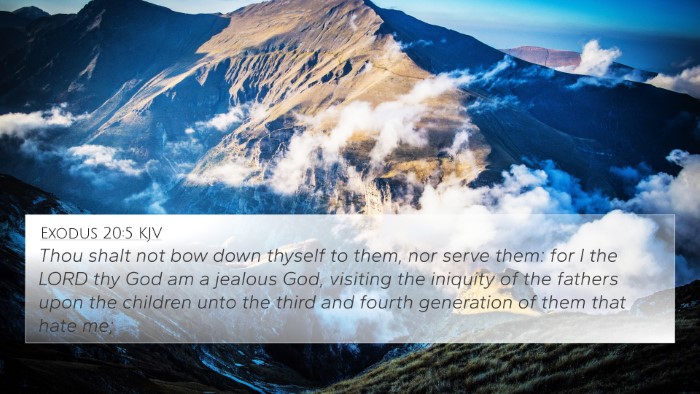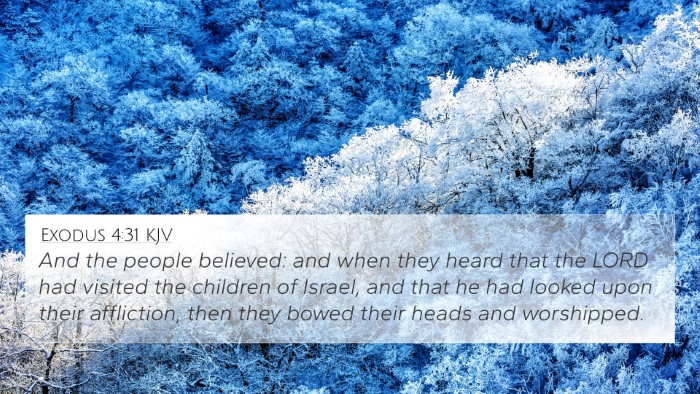Understanding Genesis 21:1
This commentary discusses the profound implications and meanings behind Genesis 21:1, which states, "And the Lord visited Sarah as He had said, and the Lord did for Sarah as He had spoken." This verse signifies the fulfillment of God's promise concerning the birth of Isaac, emphasizing themes of divine faithfulness, the importance of patience, and the joy of miraculous provision.
Context and Significance
In the broader context of Genesis, this verse occurs after a lengthy narrative that includes God's covenant with Abraham and the promise of descendants. The significance of God's visitation is that it not only highlights His active involvement in the lives of Abraham and Sarah but also serves as a reminder of His power to fulfill promises, even when circumstances seem impossible.
Commentary Insights
Matthew Henry's Commentary
Matthew Henry emphasizes that God's promise was made clearly and that Sarah's laughter (Genesis 18:12) reflects the disbelief that God's promises can sometimes elicit. Henry notes the fulfillment of God's word as a testament to His unchanging nature, calling readers to trust in God's timing and faithfulness.
Albert Barnes' Notes on the Bible
Albert Barnes highlights that the term “visited” indicates a divine intervention. He points out that God fulfilled His promise by blessing Sarah, showcasing the miraculous nature of Isaac's birth. Barnes also reflects on the joy of this fulfillment, noting that God's actions bring about joy and resolve doubts regarding His promises.
Adam Clarke's Commentary
Adam Clarke notes the implications of God fulfilling His promise amidst Sarah's initial laughter and doubt. He elaborates on the aspect of divine timing, illustrating that God's plans might take longer than human estimations but will always come to fruition at the right moment. Clarke underlines the importance of faith in receiving God's promises.
Thematic Connections
- Faithfulness of God: This theme connects to Numbers 23:19, which states, "God is not a man that He should lie." This verse reinforces the trustworthiness of God's promises.
- Divine Intervention: Connected to Luke 1:37, "For with God nothing shall be impossible," highlighting God's omnipotence in fulfilling His word.
- Joy in Fulfillment: Related to Psalm 126:3, "The Lord has done great things for us, and we are filled with joy," emphasizing the joy experienced upon the realization of God's promises.
- Hope and Patience: James 1:4 reminds readers about letting patience have her perfect work, connecting with the waiting period experienced by Abraham and Sarah.
- Generational Blessings: This verse resonates with Galatians 3:29, that believers are the children of Abraham, demonstrating the significance of God's promises across generations.
- Miraculous Births: Echoed in Luke 1:13-14, where the announcement of John the Baptist points to God’s ability to perform miracles such as births beyond natural capacity.
- God's Covenant: This connects to Genesis 17:19, where God first introduces the promise of Isaac, showing His long-term commitment to His promises.
Cross-Referencing Biblical Texts
This analysis of Genesis 21:1 highlights the thematic Bible verse connections as well as scriptural cross-referencing to gain a deeper understanding of biblical themes. When studying this verse, employing tools for Bible cross-referencing can enhance one's understanding of the narrative and its implications.
Conclusion
Genesis 21:1 serves not only as an affirmation of God’s promise to Sarah but also a broader encouragement for believers to trust in God's faithfulness. Utilizing inter-biblical dialogue strengthens the understanding of the promises and the character of God, enriching one’s faith through the examination of relevant biblical cross-references. Therefore, as believers engage with scripture, they should seek out these connections to deepen their understanding and appreciation for the continuity of God's promises throughout the Bible.
Further Study Suggestions
For those interested in a comprehensive Bible cross-reference study, the following methods can be helpful:
- Use a Bible concordance to identify keywords and their occurrences throughout the Scriptures.
- Engage in cross-reference Bible study techniques which focus on linking themes across both the Old and New Testaments.
- Explore comprehensive Bible cross-reference materials that provide connections and themes across various books of the Bible.






